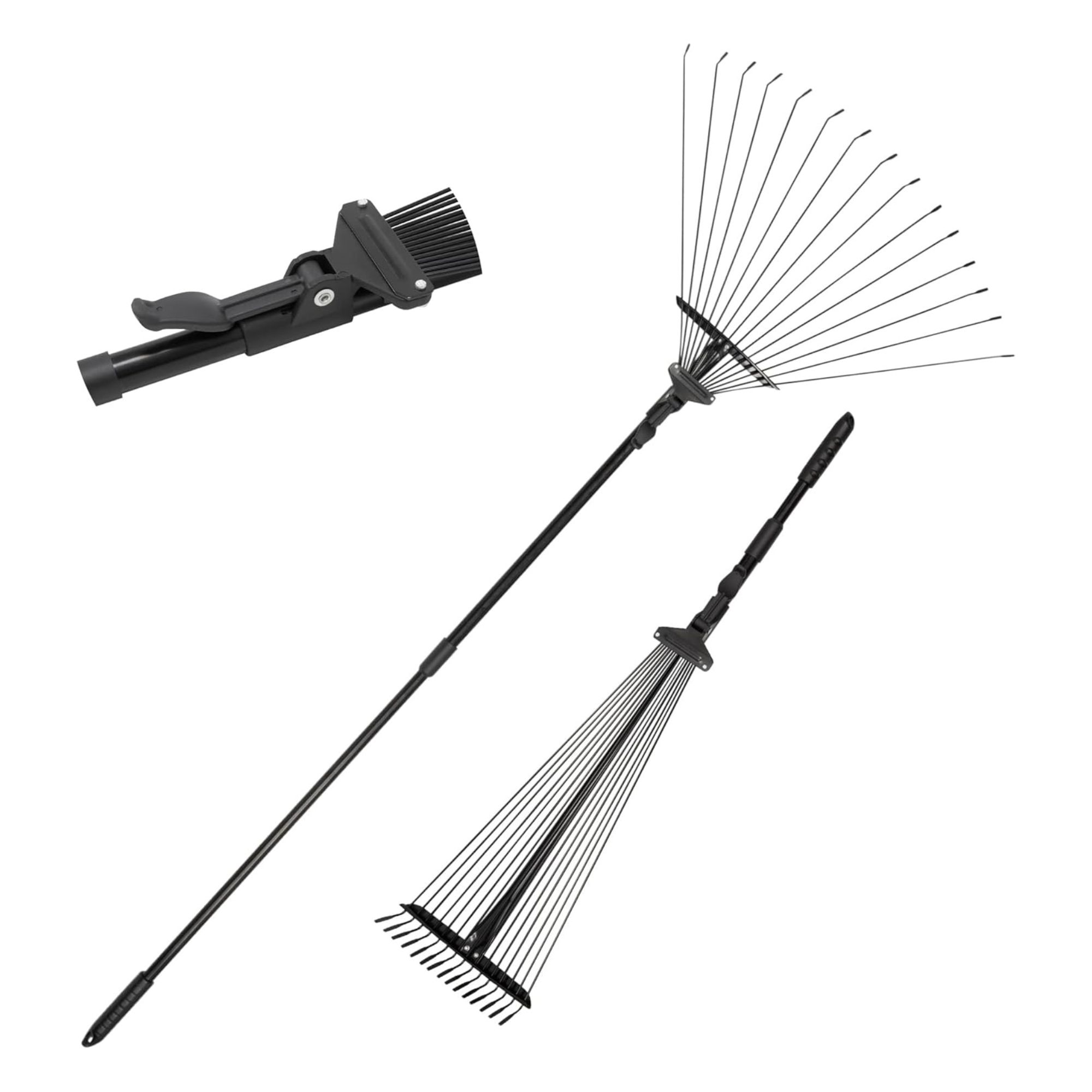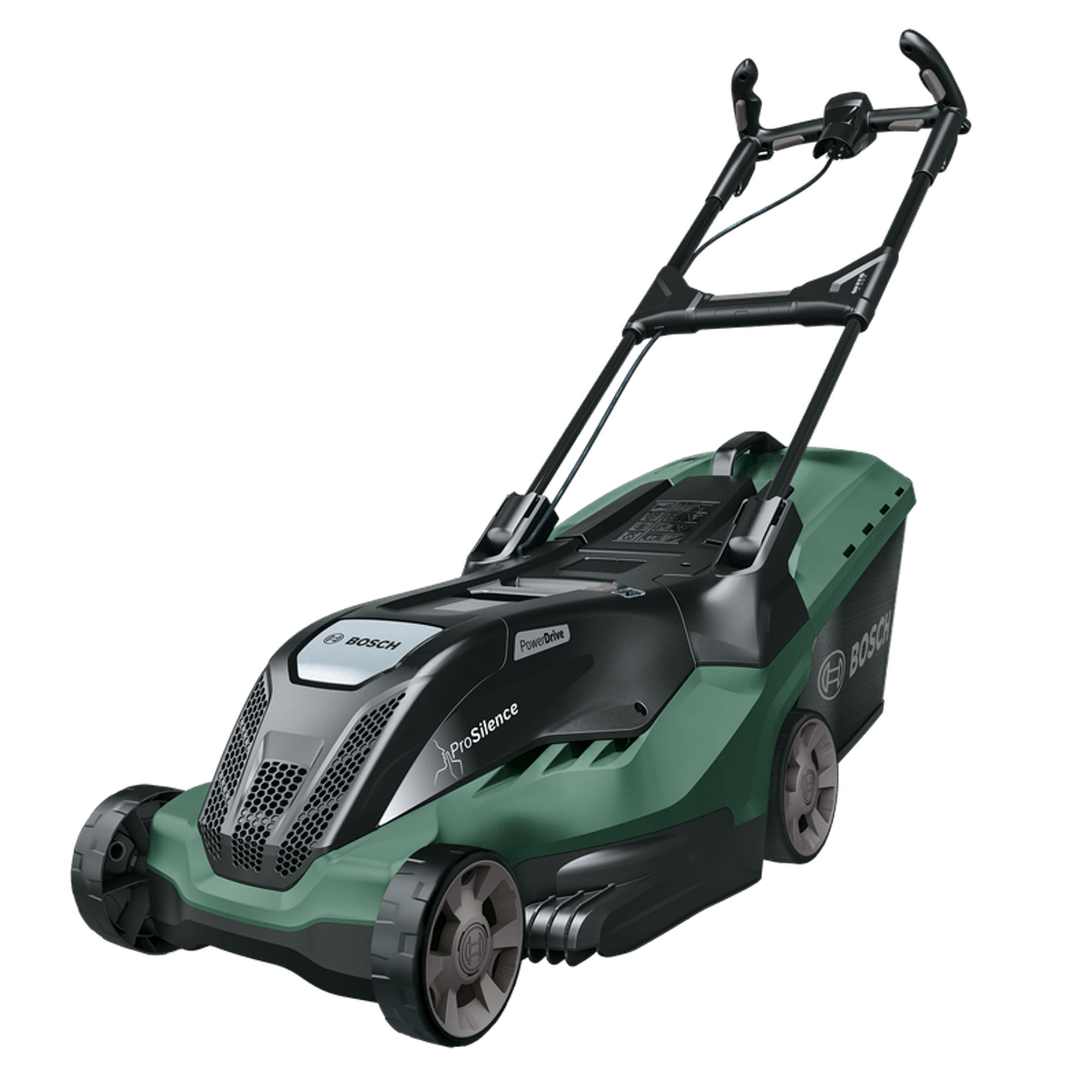Should you remove leaves from your lawn? Yes, but there are some exceptions that will benefit your garden
It’s a divisive topic
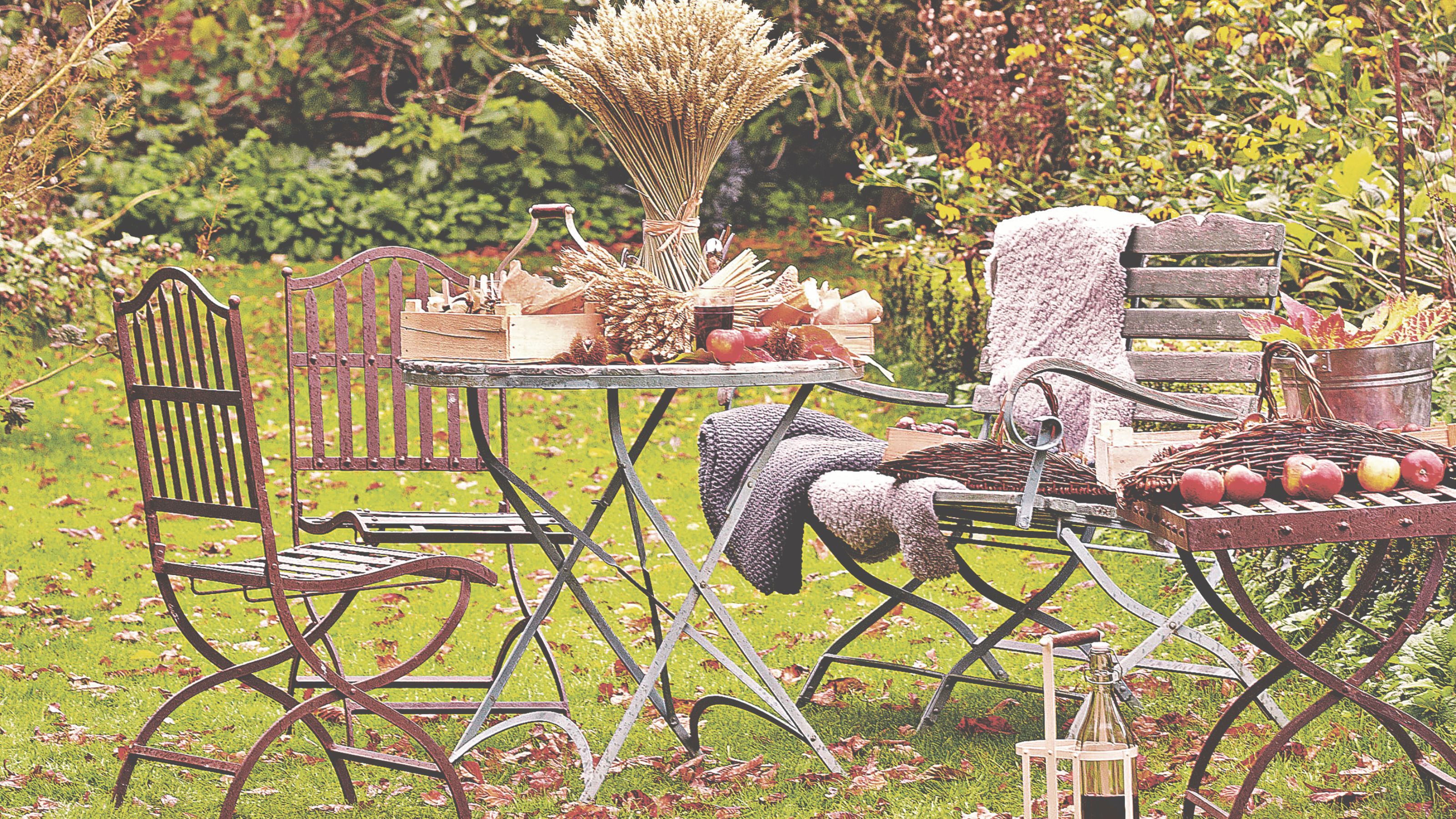

Nothing screams autumn quite like seeing orange, red, and yellow leaves falling from the sky. But these leaves have to land somewhere, and if they’re currently forming an autumnal blanket on your lawn, you might wonder: Should you remove leaves from your lawn?
When you’ve cut your lawn for the last time and prepared your garden for winter, it’s easy to assume that your lawn care efforts can take a break until the spring. Nevertheless, you still need to monitor your grass over the colder months - especially if you’re surrounded by deciduous trees that regularly drop their leaves into your garden. After all, leaves can have both a positive and negative impact on your lawn.
As Morris Hankinson, Managing Director of Hopes Grove Nurseries, explains, ‘Whether you remove leaves from your lawn or not is entirely dependant on how many leaves have fallen. Leaves are nature's way of replenishing the soil, and lawns need replenishing to thrive. However, there are reasons why raking up lawn leaves is better than leaving them.’ So, this is how you can decide whether you should remove leaves from your lawn.

Why you should remove the leaves from your lawn
1. They can damage your lawn
Although autumn leaves look beautiful on your lawn, it’s important to note that they can be incredibly smothering. Before too long, you may have to get rid of moss in your lawn - or deal with more serious damage.
This is echoed by Peter Chaloner, managing director of Cobra, who explains, ‘Fallen leaves can create a thick, damp layer on your lawn, smothering the grass beneath it. This blocks sunlight and reduces airflow, which is critical for your lawn’s health.’
He adds, ‘Without proper light and air circulation, the grass can turn yellow or brown, and in some cases, die off completely. A thick layer of leaves can also contribute to thatch, which makes it difficult for water, nutrients, and air to reach the roots of your grass.’
There are ways to dethatch a lawn if this does happen, but your lawn may be beyond salvageable if you leave it too late. So, it’s best to either rake the leaves or use one of the best leaf blowers to collect them instead.
Get the Ideal Home Newsletter
Sign up to our newsletter for style and decor inspiration, house makeovers, project advice and more.
2. They will attract pests
Nobody wants to spend their free time trying to get rid of mice or trying to save their plants from garden pests, which is why you should do everything you can to avoid attracting them in the first place. But if you leave leaves on your lawn, you’re offering up an open invitation to them.
Peter says, ‘Fallen leaves can also attract insects and pests that use them as shelter, potentially leading to infestations that damage your lawn or surrounding plants.’
By picking them up and removing them from your lawn, you limit the chances of them entering your garden - or your home - at all. In fact, tidying up your garden is one of the best ways to pest-proof your home for winter.
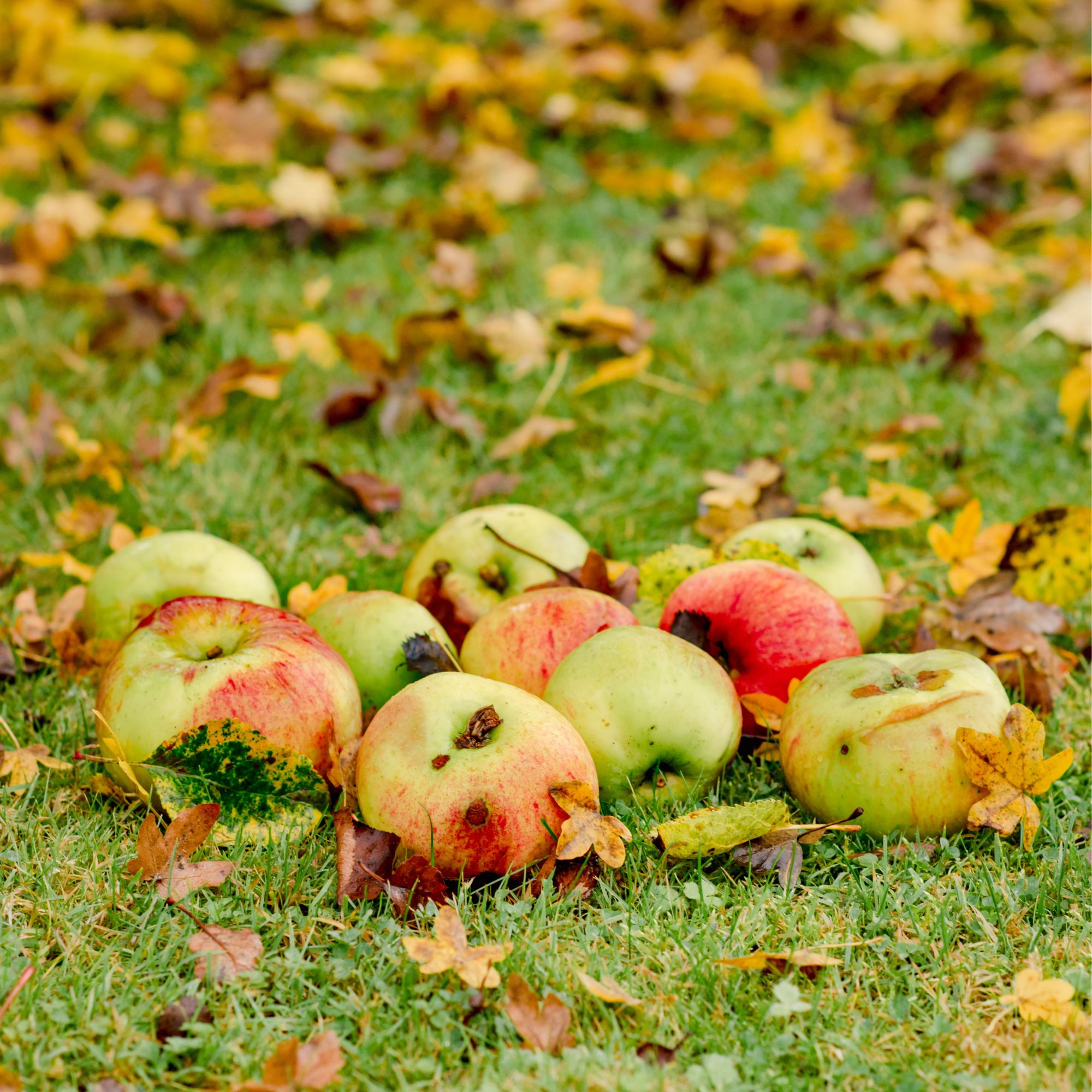
3. They can cause fungal growth and disease
When the time comes to revive your lawn after winter, you don’t want to spot any signs of fungal growth or disease, as this can be very hard to treat. Plus, the longer you leave it, the worse it’ll get. So, you should eliminate anything that could cause fungal growth and disease from the equation.
This means removing the leaves on your lawn as soon as possible. After all, as Peter says, ‘A layer of wet leaves on your lawn can become a breeding ground for fungi and mould.’
4. They can affect growth
How you care for your lawn in winter directly impacts its health over the next few years, and sometimes, the smallest of changes can make a big difference. With this in mind, removing the leaves might be the way forward for a happy and healthy lawn.
Peter says, ‘Grass deprived of light and air throughout winter can struggle to recover once the season changes. You might find that the grass grows unevenly, or worse, needs reseeding.’
And while sowing grass seed isn’t difficult, the grass seed has to work much harder to replenish your lawn if it’s struggled over the winter months.
Why you shouldn’t remove leaves from your lawn
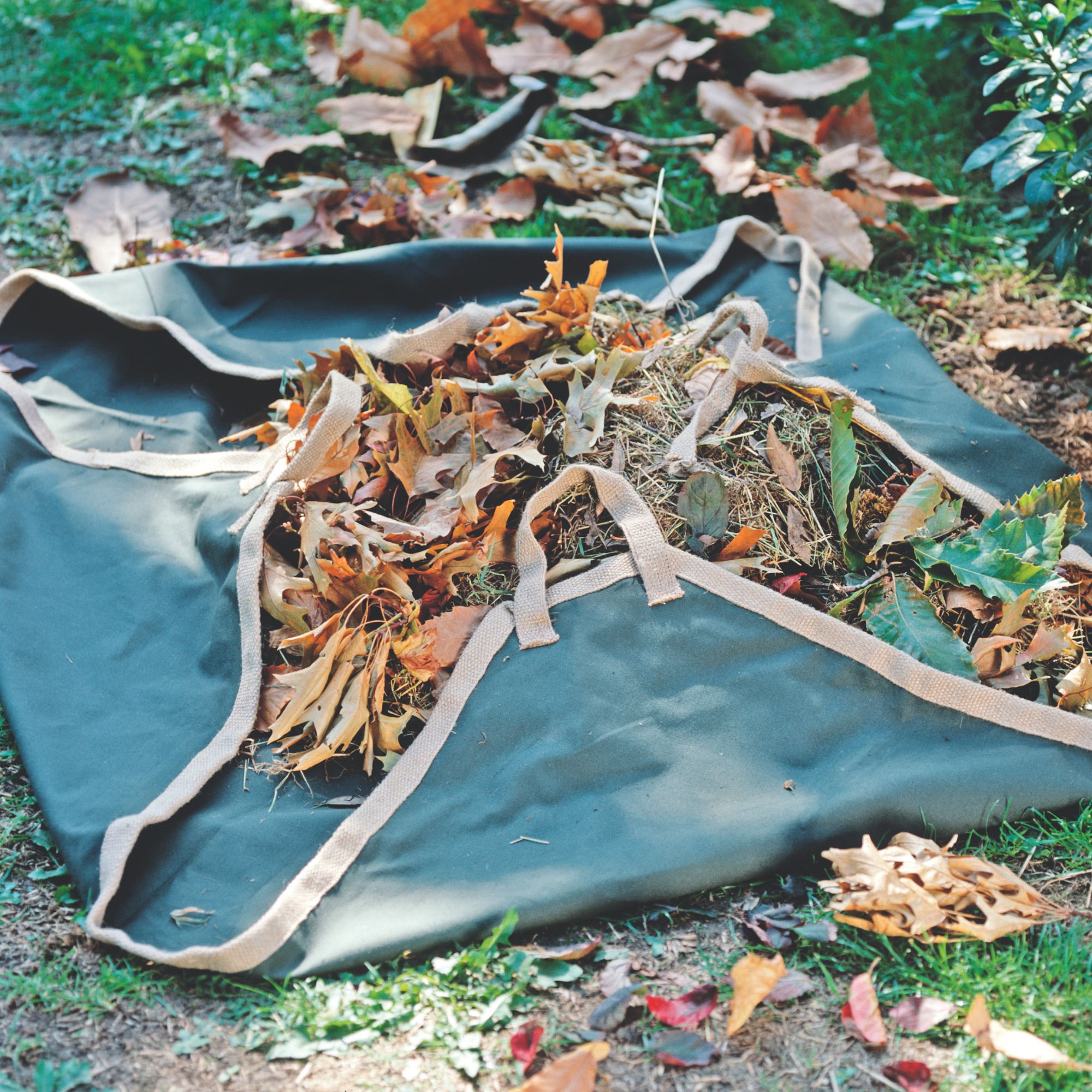
After reading the above, you may be inclined to believe that removing the leaves from your lawn is the best thing to do - and it certainly has its perks. However, there is another side to the coin, and sometimes, choosing not to remove leaves from your lawn can also work in your grass’s favour.
‘Leaves can have some benefits for your soil and for wildlife, so if you only have a light covering or your lawn is only partially covered, consider leaving them to blow around, settle in, and break down on their own,’ says Peter.
He adds, ‘You can also consider leaving an area of your garden to create leaf piles to provide a habitat for critical species such as bees, butterflies and moths over the cold winter months. Leaves also work as great natural mulch, so think about arranging them around the base of plants.’
So, should you remove leaves from your lawn?
Ultimately, there’s no black-or-white answer to removing leaves from your lawn. If your home is surrounded by trees and covered in a blanket of leaves every autumn, most experts would say to rake them up or use a leaf blower to get rid of them.
But that’s not to say that you have to pick up every last leaf. Instead, it might be worth opting for a happy medium. In fact, you could even mow over leaves to do this.
Morris says, ‘Mowing over the leaves on a high setting in autumn might be the only thing you need to do if there is a light layer. Otherwise, use a rake or leaf rake to pile the leaves up and then place them into bags with holes in.’
It’s worth noting that autumn leaves can also make the best mulch for vegetable gardens if you’re savvy enough. This is something that Morris suggests, too.
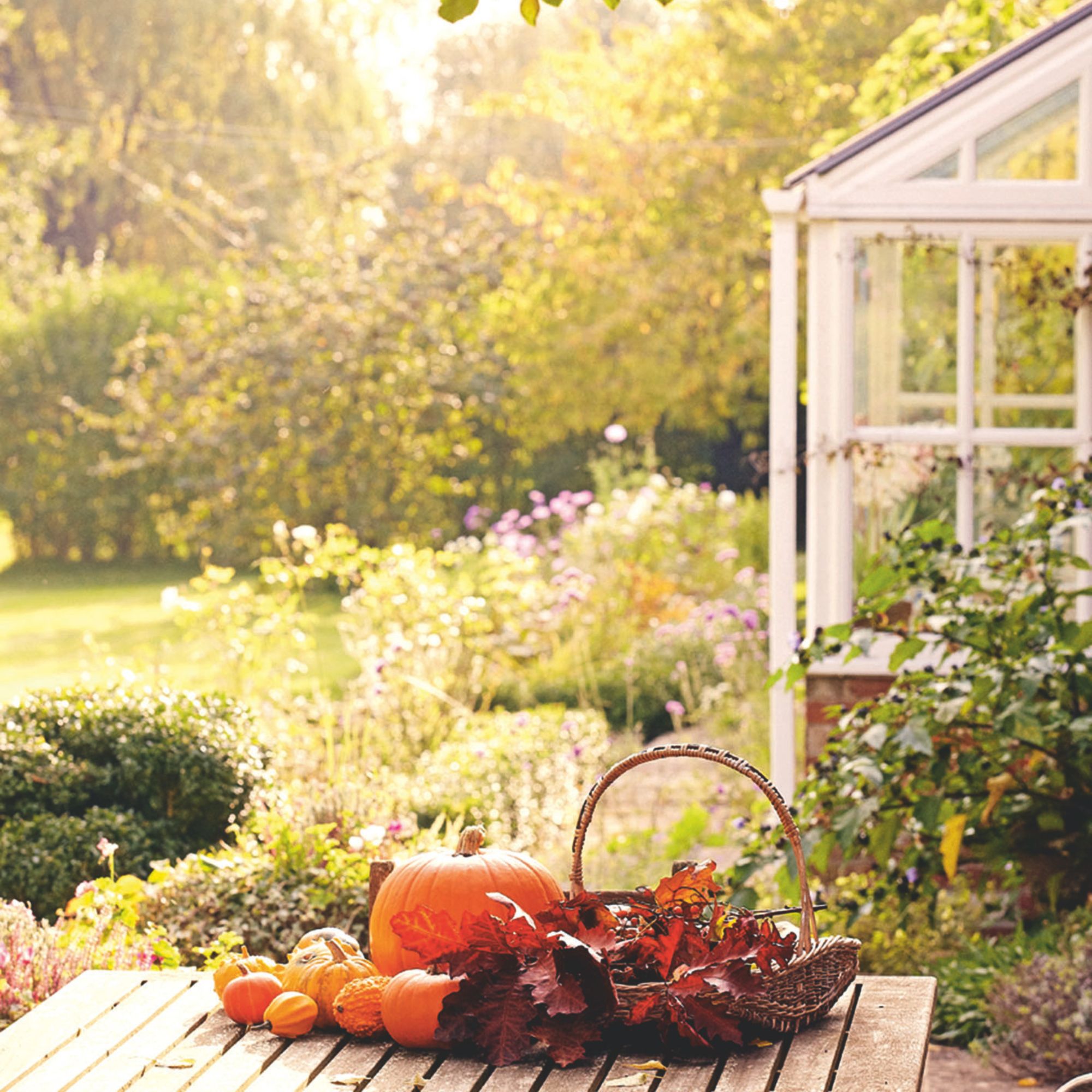
‘If you place these into a sheltered spot over winter, next year you will have bags of broken down leaves called leaf mulch, which can be used to mulch and feed your soil. If you don’t want to make leaf mulch, leaves can simply be put into your compost pile, green waste bin or taken to the local recycling centre,’ he adds.
So, find something that works for you (and your garden) and go from there. And if you do choose to leave some leaves on your lawn, just keep an eye on it. If you spot any signs of disease or damage, remove some leaves and let it breathe.
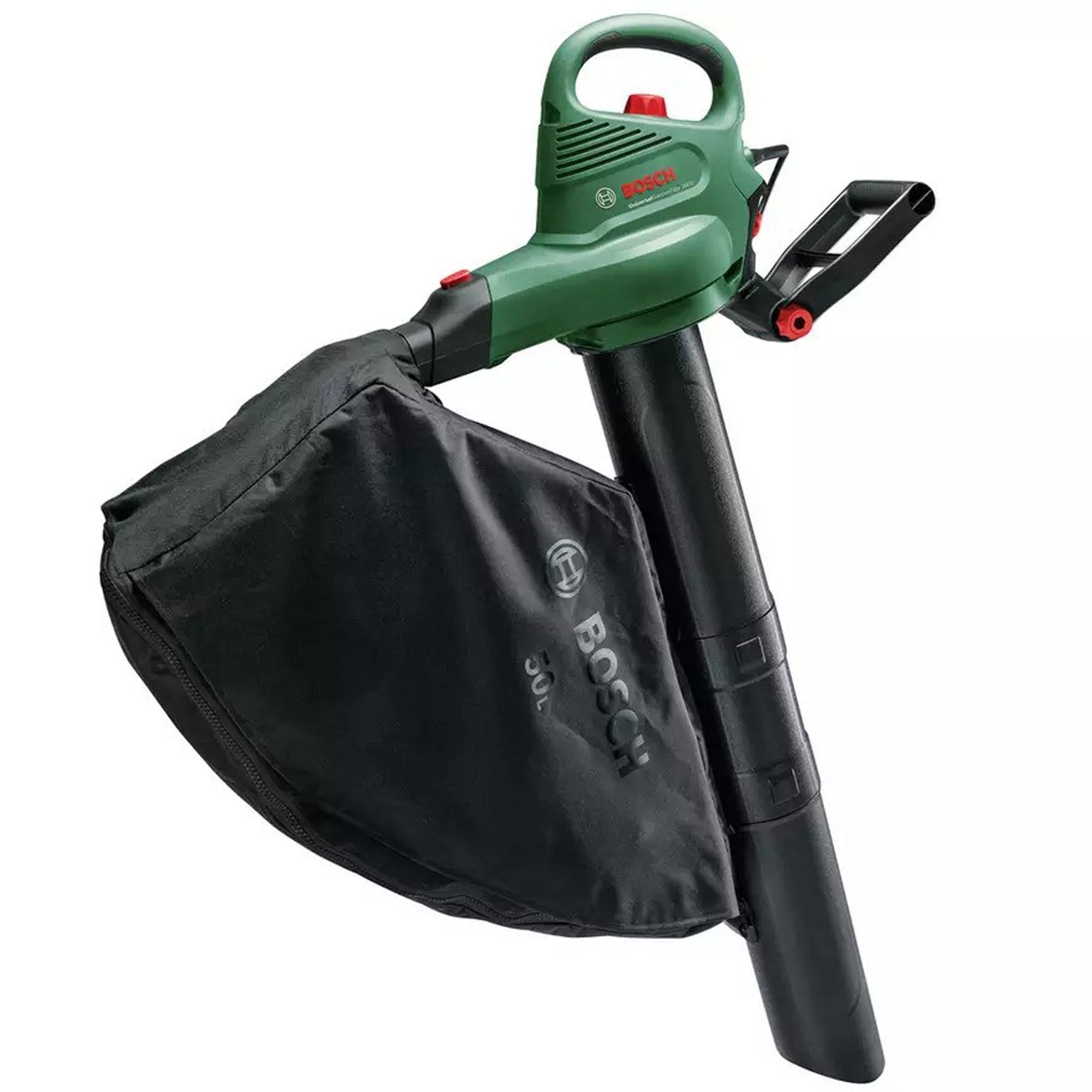
FAQs
How to turn leaves into mulch?
The easiest way to turn leaves into mulch is to collect all of the leaves and then store them in a bag over the winter months. By spring, you should have a bag full of organic matter that can be spread over your plants and vegetable patch - and it’ll be packed full of nutrients.
Although you can fill your bags with full-size leaves, some experts do suggest shredding them before putting them in the bag. This will give them a headstart as they break down naturally.
Will a lawn mower pick up leaves?
Although this isn’t always the case, some lawn mowers do have the ability to pick up leaves for you. This isn’t something offered as standard, but some models do come with attachments to make picking up leaves a breeze.
In fact, you can even buy specific mulching lawn mowers which turn the grass clippings and any leaves on the lawn into mulch right there and then.
But even if you don’t buy these specific products, mowing over leaves with a lawn mower will shred them to pieces, often making them easier to rake up or collect for mulching purposes.
So, will you be removing the leaves from your lawn this autumn?

Lauren Bradbury has been the Content Editor for the House Manual section since January 2025 but worked with the team as a freelancer for a year and a half before that. She graduated with a Bachelor’s degree in English and Creative Writing from the University of Chichester in 2016. Then, she dipped her toe into the world of content writing, primarily focusing on home content. After years of agency work, she decided to take the plunge and become a full-time freelancer for online publications, including Real Homes and Ideal Home, before taking on this permanent role. Now, she spends her days searching for the best decluttering and cleaning hacks and creating handy how-to guides for homeowners and renters alike, as well as testing vacuums as part of her role as the Ideal Home Certified Expert in Training on Vacuums, having spent over 110 hours testing different vacuum models to date!
-
 Zoe Ball's colourful kitchen island shows how easy it is to create a characterful cooking space - here's how she did it
Zoe Ball's colourful kitchen island shows how easy it is to create a characterful cooking space - here's how she did itBeing brave with colour will reap huge rewards
By Holly Cockburn
-
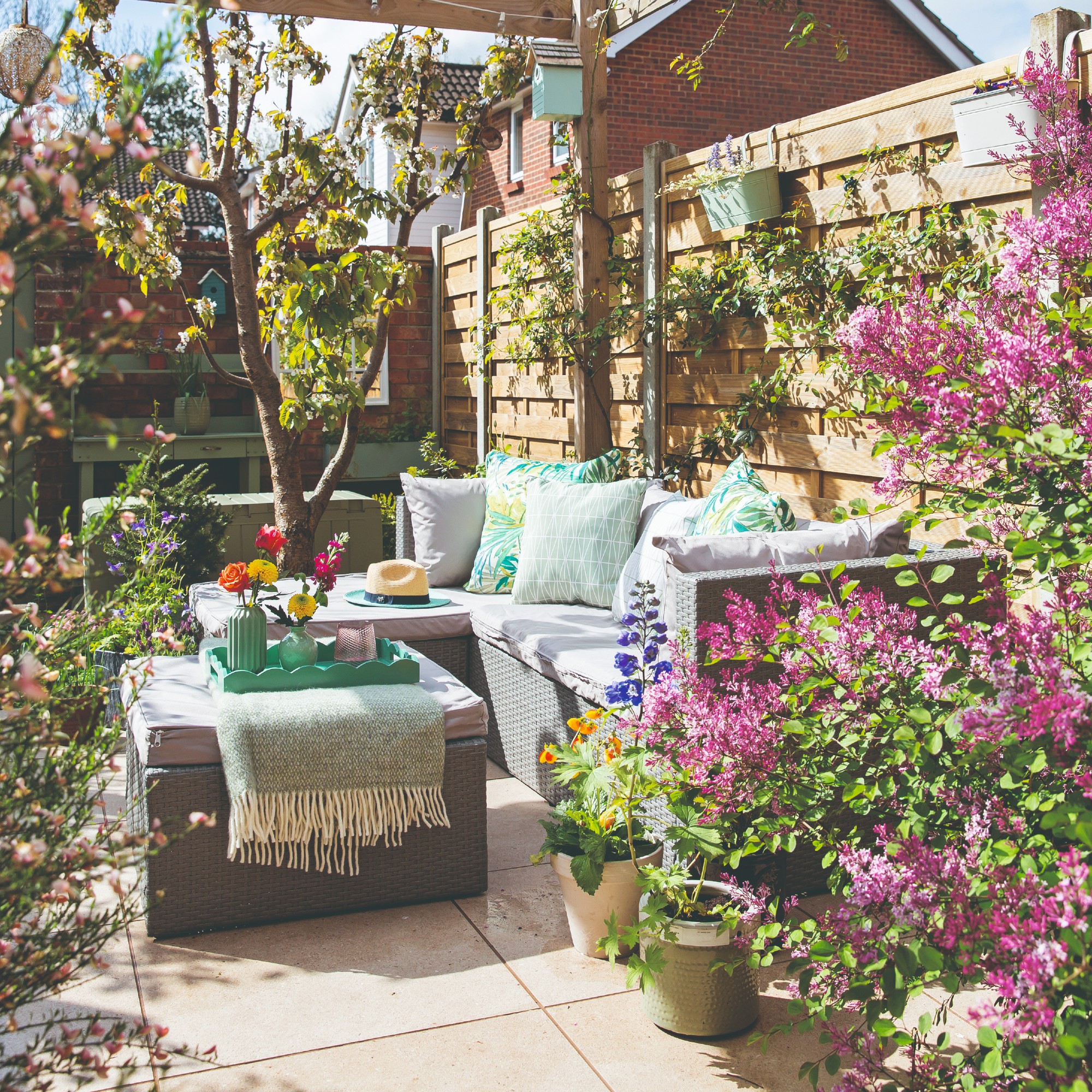 7 plants that will make your patio smell gorgeous - the top fragrant picks experts recommend potting up
7 plants that will make your patio smell gorgeous - the top fragrant picks experts recommend potting upFrom aromatic flowers to fragrant herbs
By Kayleigh Dray
-
 I won't gatekeep - Magimix's new small kitchen-friendly mini chopper is my secret to delicious lazy dinners
I won't gatekeep - Magimix's new small kitchen-friendly mini chopper is my secret to delicious lazy dinnersMy homemade pesto pasta has never been better
By Holly Cockburn
-
 George Home’s sold-out striped parasol is finally back in stock - but this elegant design is expected to sell out again fast
George Home’s sold-out striped parasol is finally back in stock - but this elegant design is expected to sell out again fastI can't get enough of its whimsical design, too
By Kezia Reynolds
-
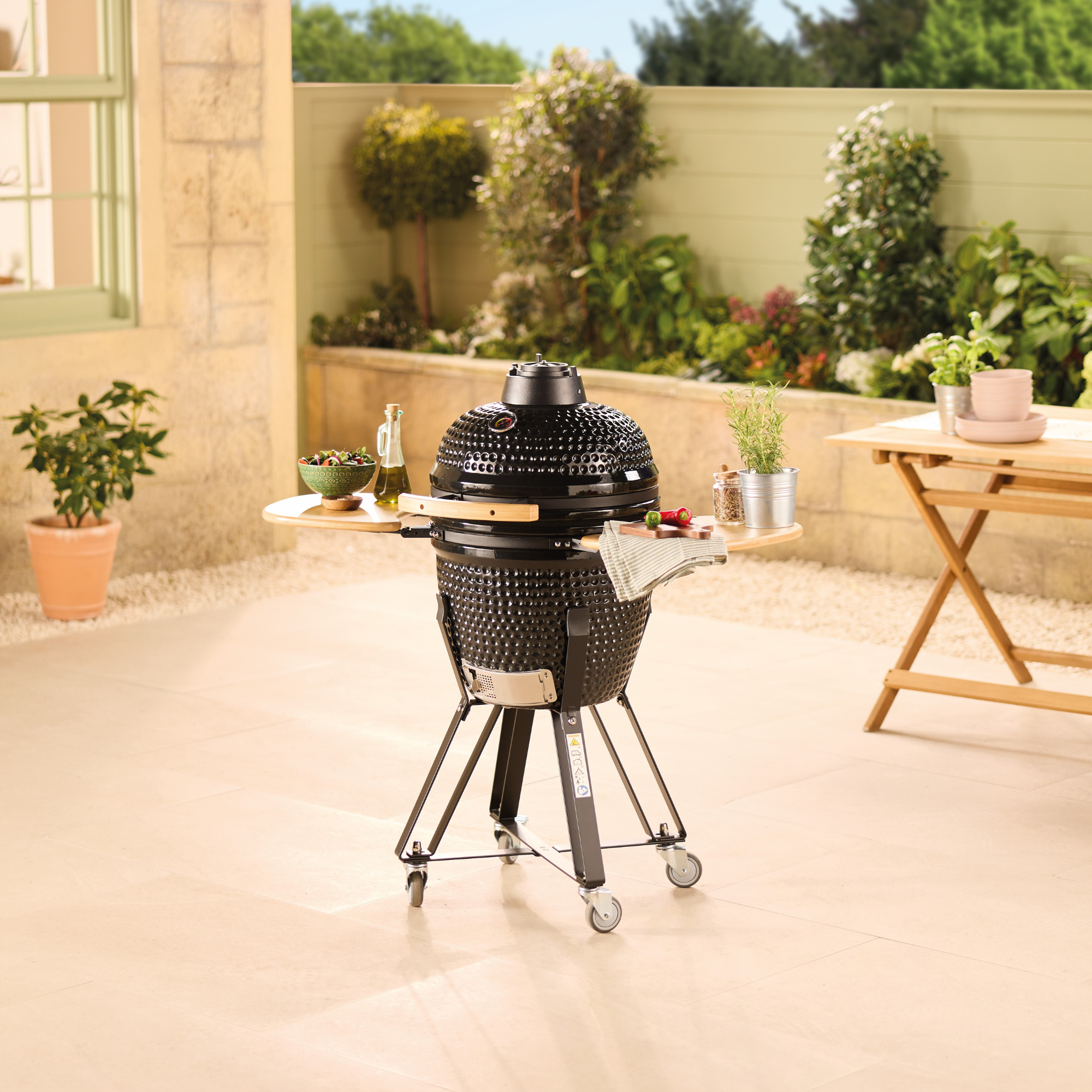 Aldi’s cult Kamado BBQ is returning to stores and it's £100 cheaper than before
Aldi’s cult Kamado BBQ is returning to stores and it's £100 cheaper than beforeThis budget BBQ is only a fraction of the price of this celebrity favourite
By Kezia Reynolds
-
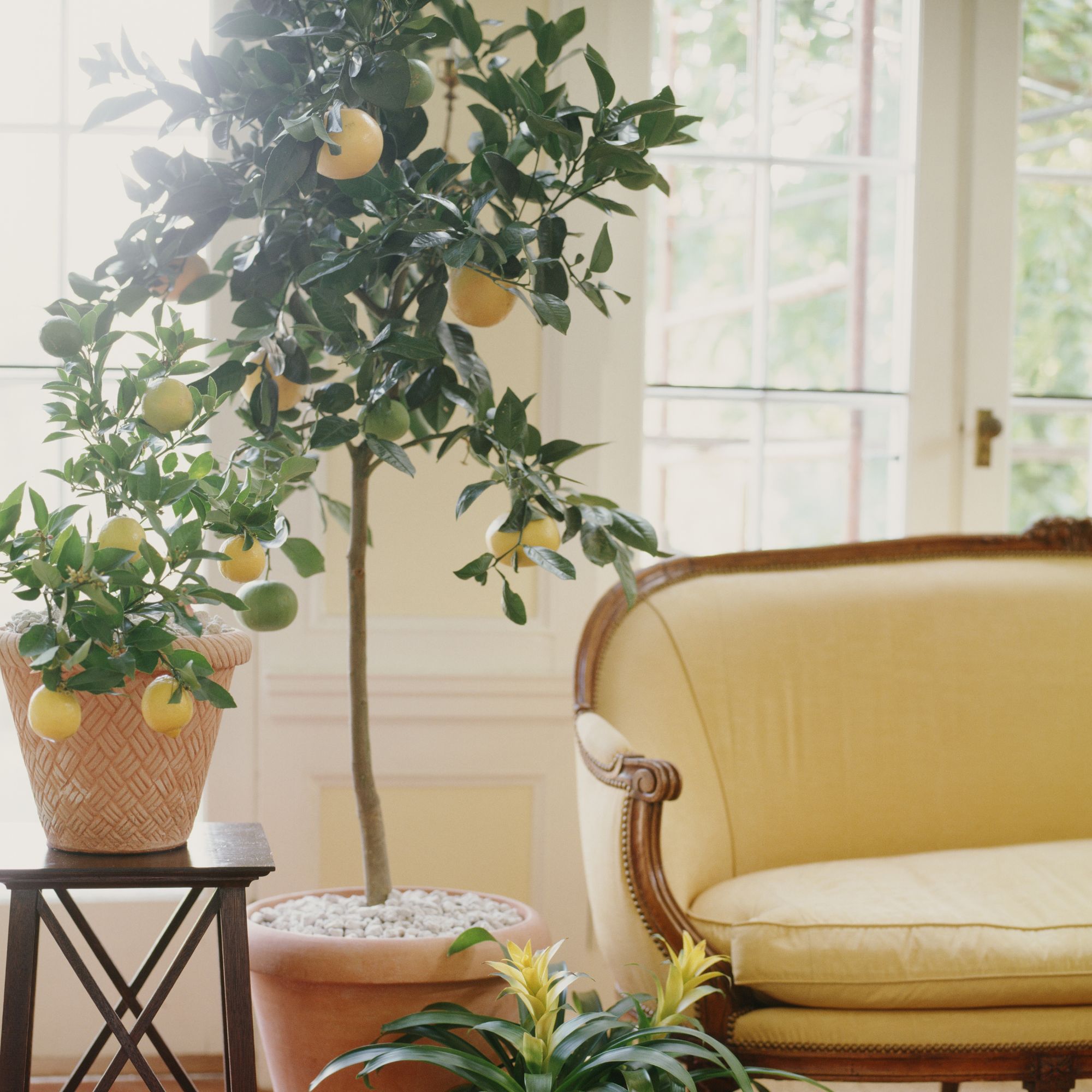 Shoppers can’t get enough of The Range’s lemon tree, but I’ve found an even cheaper bestseller at B&Q - it’s perfect for a Mediterranean look
Shoppers can’t get enough of The Range’s lemon tree, but I’ve found an even cheaper bestseller at B&Q - it’s perfect for a Mediterranean lookWelcome the summer with this glorious fruit tree
By Kezia Reynolds
-
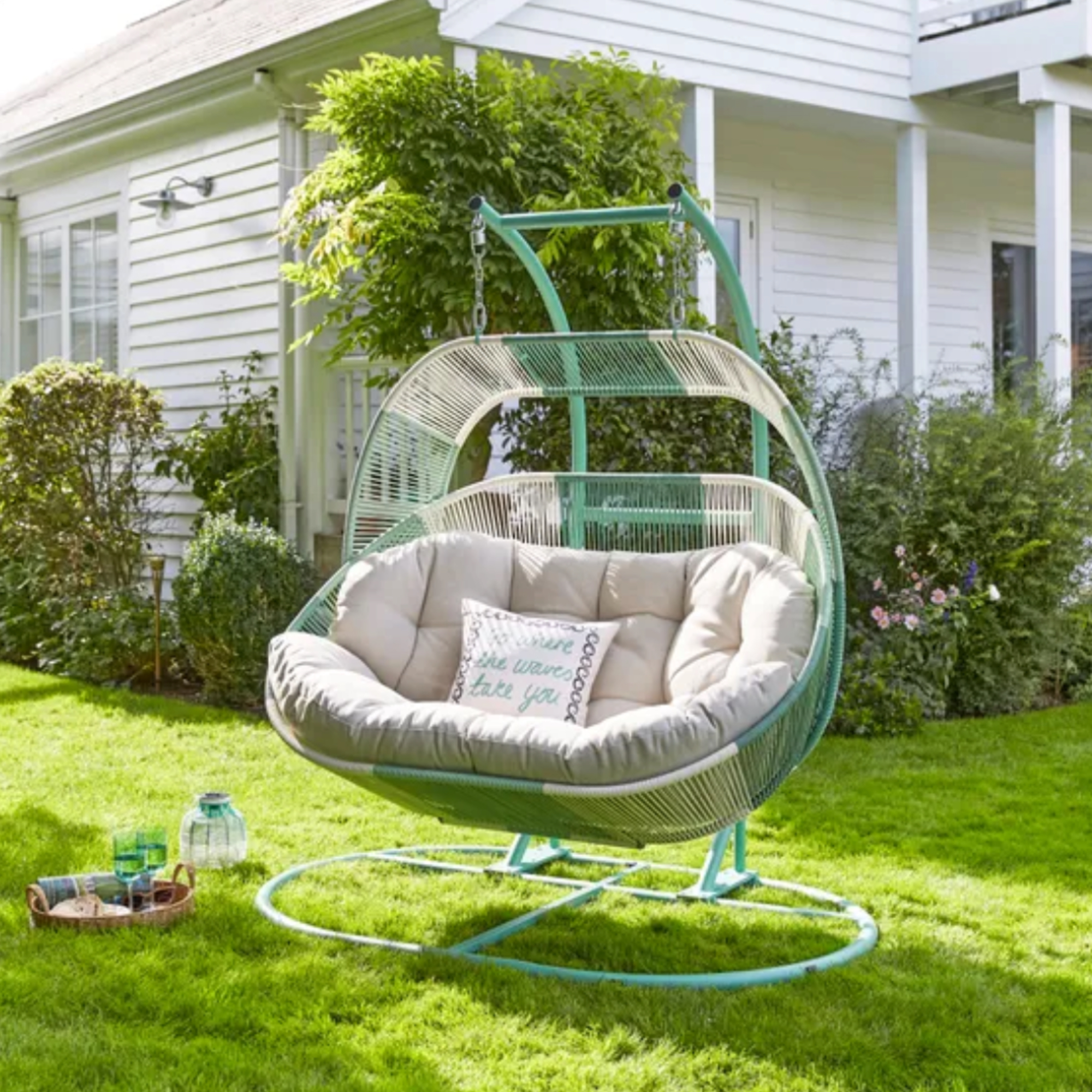 I'm a stylist with an eye for expensive-looking high street finds – these 6 garden furniture pieces at Dunelm are on my radar
I'm a stylist with an eye for expensive-looking high street finds – these 6 garden furniture pieces at Dunelm are on my radarThese pieces all look more than their price tag
By Laurie Davidson
-
 The 6 outdoor lights from Habitat that I'm choosing between to make my outdoor space look more expensive this summer
The 6 outdoor lights from Habitat that I'm choosing between to make my outdoor space look more expensive this summerI couldn’t believe some of the prices
By Ellis Cochrane
-
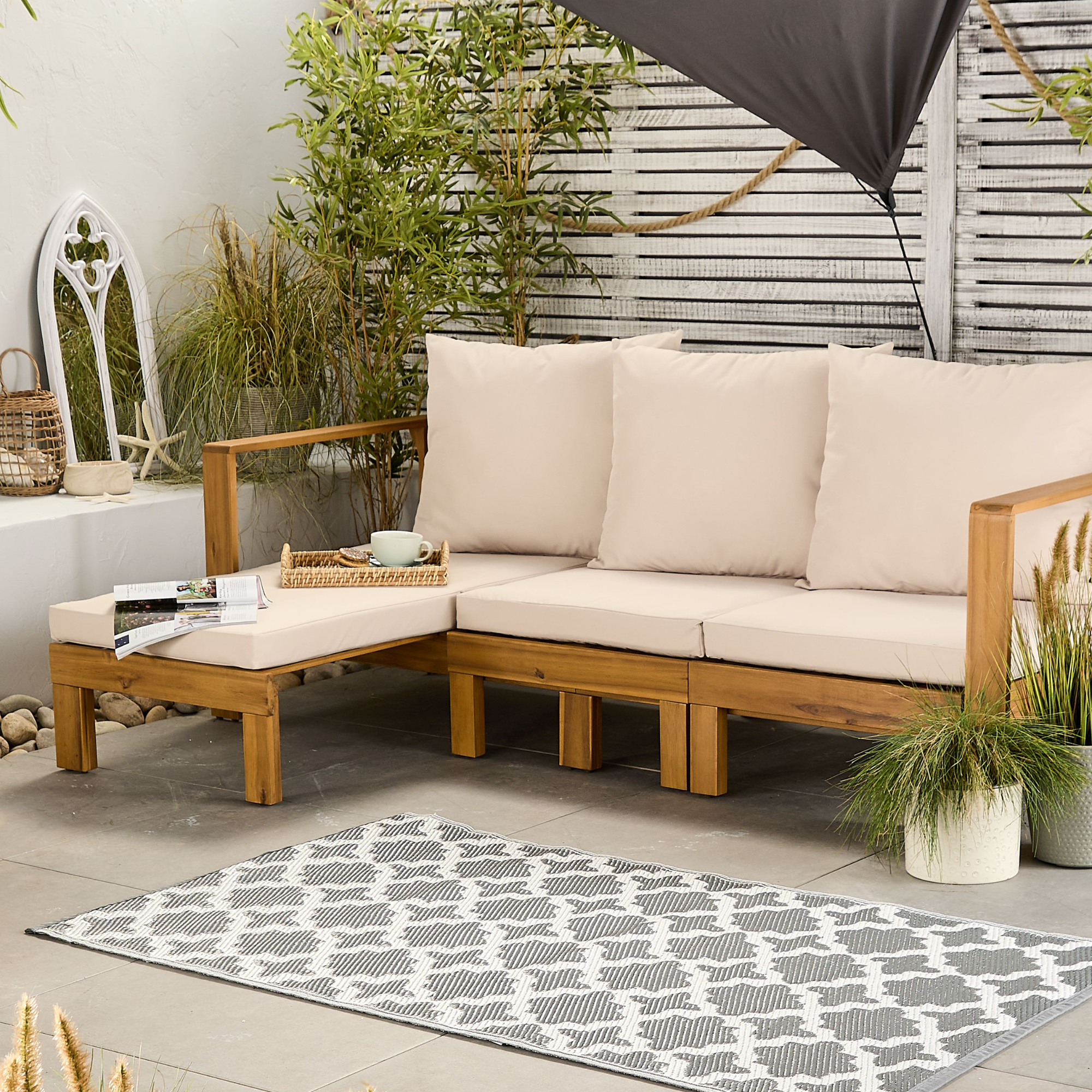 Aldi is launching a £200 day bed with four different features - its sleek design is suited to the whole family
Aldi is launching a £200 day bed with four different features - its sleek design is suited to the whole familyYou don't want to miss out on this Specialbuy
By Kezia Reynolds
-
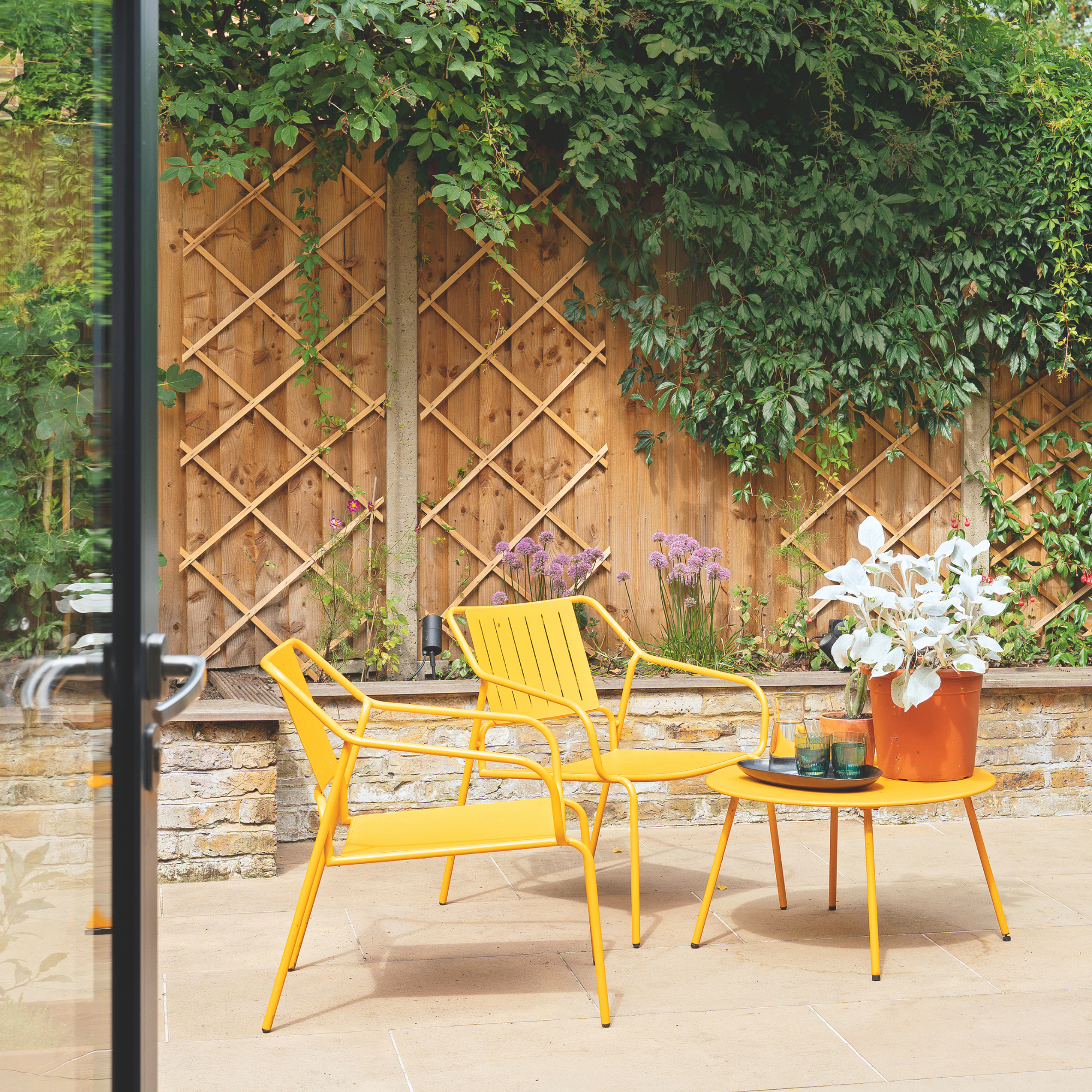 I’m seeing pastel garden furniture at all my favourite brands this spring, but QVC’s sorbet collection impressed me the most
I’m seeing pastel garden furniture at all my favourite brands this spring, but QVC’s sorbet collection impressed me the mostFresh pastel shades are a great way to liven up your outdoor space
By Kezia Reynolds
-
 I spent the afternoon looking through Wayfair's garden sale – these are the 6 pieces I'm buying immediately for summer
I spent the afternoon looking through Wayfair's garden sale – these are the 6 pieces I'm buying immediately for summerThese are my must-have garden buys from the sale
By Holly Reaney
